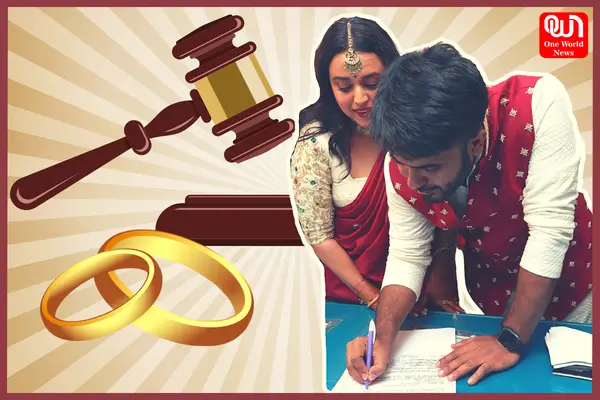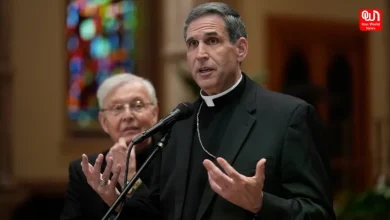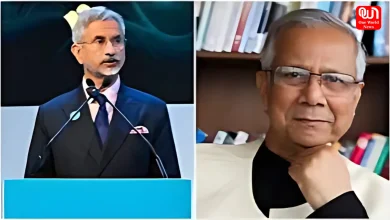How Special Marriage Act Makes it Possible for Hindu to Marry Muslim ?

Special Marriage Act: Allowing Inter-Religion Marriages
The Special Marriage Act is instrumental in a democracy like India where so many religions exist and live in the same country. As Bollywood actress Swara Bhaskar marries Fahad Ahmad, we look at the law in our country that makes it possible for an inter-religion marriage. This tweet by Swara Bhaskar has started the discussion on the Special Marriage Act-
Three cheers for the #SpecialMarriageAct (despite notice period etc.) At least it exists & gives love a chance… The right to love, the right to choose your life partner, the right to marry, the right to agency these should not be a privilege.@FahadZirarAhmad
✨✨✨♥️♥️♥️ pic.twitter.com/4wORvgSKDR— Swara Bhasker (@ReallySwara) February 17, 2023
The Special Marriage Act, 1954
The Special Marriage Act, 1954 is a law that sets the basis for the registration and divorce of “special form of marriages.” It provides us with a legal framework for inter-religion or inter- caste marriages. The SMA enables people from different religions to marry each other without having to give up their religious identity or convert.
However, the Act has maintained that at the time of marriage, neither party should have a spouse living or be “incapable of giving a valid consent to it in consequence of unsoundness of mind.”
The Act also specifies that the female must be of eighteen years of age and the male must be of twenty one years.
Read more- Swara Bhasker gets hitched with Fahad Ahmad, Netizens Say Yeh Kab Hua
What is the ‘notice period’ Swara talked about in her tweet?
According to Section 5 of SMA, the parties have to give a notice in written form to the “e Marriage Officer of the district in which at least one of the parties of the marriage has resided for a period of not less than thirty days immediately preceding the date on which such notice is given.”
Section 6, sub section (2) states that the “Marriage Officer shall cause every such notice to be published by affixing a copy thereof to some conspicuous place in his office.” If no objection is received to this notice in the 30 days of its publication, the marriage is solemnized. Section 7 and 8 of SMA describe the action to be taken if an objection is received.
The Marriage Certificate Once the marriage has been solemnized, the Marriage Officer will enter the certificate in the Marriage Certificate Book and this acts as evidence of the fact that marriage has taken place under the SMA. Last year, a writ petition was also filed in the Supreme Court challenging the provision of notice period under SMA.
The petition claimed that this was in violation of Article 21, 14 and 15 of the Indian Constitution. However, the court had dismissed the petition. It is important to appreciate acts like these that make choosing our life partners easier, as well as having marriages that go beyond religion and prioritize love.







